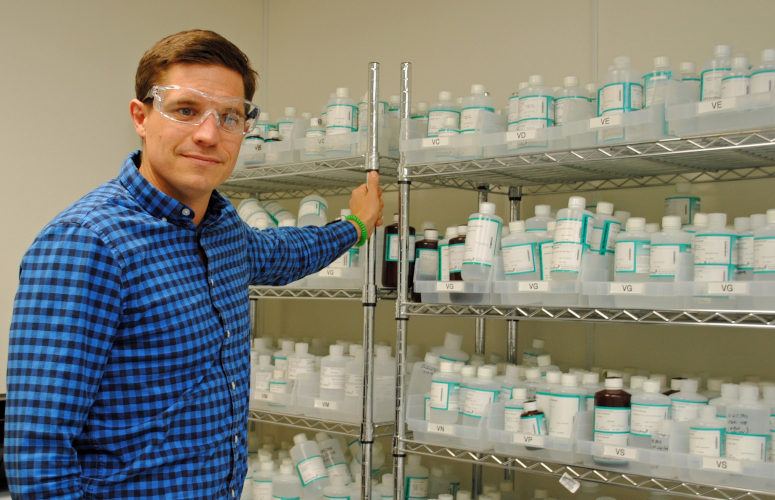
New Data Center Will Explore Root Causes of Healthcare Challenges
On Sep 5, 2018The New Jersey Hospital Association announced the start-up of a new data and informatics center, charged with tapping data to better understand some of the state’s most pressing health challenges and the economics of healthcare. The goal is to inform the system transformation necessary to improve the health of New Jerseyans.
The NJHA Center for Health Analytics, Research and Transformation (CHART) will use information from an array of sources and apply analytics and predictive modeling to identify and better understand underlying problems and work with its members, policy experts and others to explore solutions.
This new effort will be led by Sean Hopkins as senior vice president of CHART. NJHA Chief Information Officer Joe Carrwill provide additional expertise on health information technology and policy, along with healthcare data analytics.
NJHA President and CEO Cathy Bennett said the new center aims to place NJHA in front on emerging issues, allowing the Association to partner with members, legislators and other healthcare and community organizations for proactive responses.
“So many of the problems we see in healthcare today – racial and ethnic disparities, access to care barriers, variations in use of healthcare services, variables in access and funding of prevention and wellness – require a deeper dive into why,”said NJHA President and CEO Cathy Bennett. “One of the ways we get closer to answering that question is to have solid data that shows us the root causes of these problems. We can then support design of solutions that address the foundation of the problem, rather than the symptoms.”
CHART’s first white paper, due to be released this fall, is an in-depth evaluation of mental health and substance use claims data. This project has a dual goal of determining the geographic magnitude of the crisis, while at the same time identifying areas where strategic placement of services may lead to improved care coordination.
Another of CHART’s early projects will focus on chronic care hotspotting – that is, identifying pockets of the state where chronic diseases are driving people to the hospital. Chronic diseases include conditions like diabetes or high blood pressure – conditions that are manageable if individuals receive the right education, medications and care management. CHART will use data to identify areas where a high number of people with chronic conditions end up hospitalized – signaling the need for targeted support and programming to help keep people healthy in their homes and communities.
Chronic diseases and conditions are among the most common, costly and preventable health problems. Studies show that:
- About half of all adults suffer from one or more chronic health conditions.
- Seven of the top 10 causes of death are related to chronic diseases.
- More than 75 percent of annual healthcare expenditures in the United States are for people with chronic and mental health conditions.
- Among people with chronic conditions, the costs of caring for those who are high utilizers of healthcare services are estimated to be 17 times more than for patients who are not considered high users of healthcare services.
“The costs of chronic diseases are far too high, for both individuals and for the healthcare system,” said Hopkins. “But it doesn’t have to be that way. Our goal is to use data in a new way to educate providers of all types, as well as policy makers and opinion leaders, to facilitate communication and care coordination where there are opportunities for proactive change for improved chronic disease management.”
CHART work products will include white papers, bulletins, reports, policy recommendations and round-table discussions. CHART’s publications will aim to foster dialogue to help shape an environment that supports providers as they re-envision the healthcare delivery system and spark policy dialogues with leaders in healthcare, government, social services and other areas for a collaborative approach to problems that affect New Jerseyans’ health and well-being.
“NJHA and its board recently embraced a new mission – to improve the health of the people of New Jersey,” said Bennett. “To help fulfill that mission, we need actionable information, greater insight, innovative approaches and timely action. CHART sets us up to deliver that.”
To access more business news, visit NJB News Now.
Related Articles:





